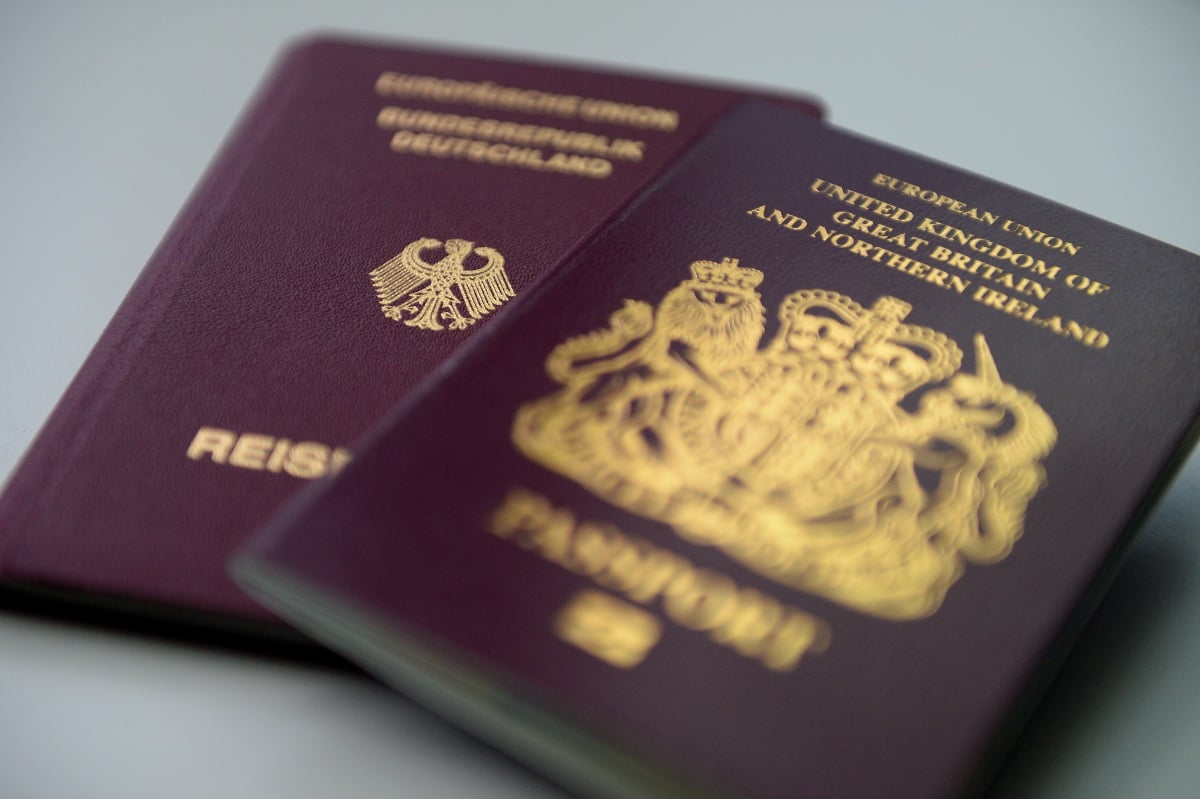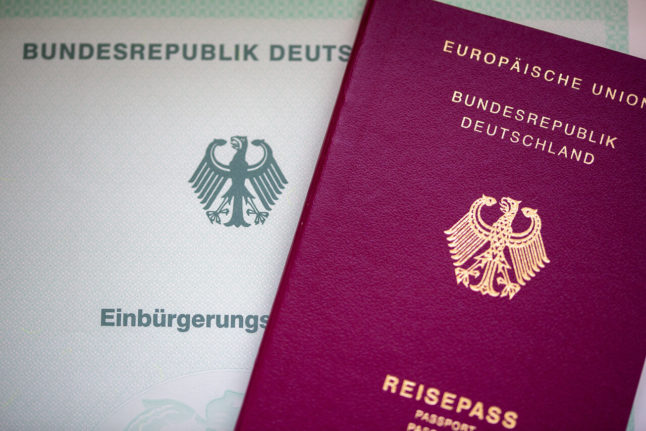In rare cases, German citizenship can be revoked by the relevant authorities for committing a serious crime.
Additionally, there is a 10 year period after you’ve gained citizenship when it can still be revoked if the authorities learn that you lied on your application.
Reasons German citizenship can be forfeited
It’s worth noting up top that generally German citizenship can only be revoked if doing so doesn’t result in a person becoming stateless.
So authorities can revoke dual citizens’ claim to German citizenship, but cannot readily do so for people who only have claim to German citizenship (and no other nationalities) at the time.
Apart from renouncing German citizenship, your claim to a German passport can be forfeited if you:
- Are adopted by a foreign citizen
- Join the armed forces of another nation without the consent of the German authorities
- Acquire citizenship in another country without first applying for the retention of your German citizenship at the Naturalisation Office (or after your application for retention was rejected)
Note that until the new citizenship law comes into force on June 27th, 2024, gaining citizenship from another country will also generally lead to the loss of German citizenship (unless there is an exception)
For more information about why you might renounce your citizenship, or exceptions to the foreign military exclusion rule, see this explainer.
Can my citizenship be withdrawn for committing crimes?
Dr. Sonja Kock, press officer for Federal Ministry of the Interior and Community (BMI), confirmed to The Local that “A ‘revocation’ of German citizenship by an official decision…because of a criminal conviction” is not permitted in basic law.
Kock added that the Nationality Act only recognises the loss of citizenship under the very narrow requirements, such as those listed above.
The information provided by the BMI confirms what Licensed Specialist Attorney for Immigration Law, Sven Hasse, told The Local when he was asked if foreign nationals could lose their German citizenship for committing crimes.
Hasse noted that the reasons for revoking someone’s citizenship in Germany are defined in sections 28 and 35 of Germany’s Nationality Act.

According to section 28 of the Nationality Act, anyone who “participates in combat operations of a terrorist group abroad”, loses his or her citizenship unless they would become stateless.
Additionally, according to section 35 of the Nationality Act, an unlawful naturalisation can be withdrawn for up to 10 years after someone becomes a citizen. In other words, if you lie on your citizenship application, your citizenship can be cancelled within the next 10 years if the authorities find out.
In this case, the law notes that “the withdrawal shall take effect for the past”. So not only is your citizenship revoked, but from a legal viewpoint it is as if you have never been a German citizen.
The law also clarifies that when fraudulent naturalisation applications are found, “an independent discretionary decision shall be made for each person concerned…” The authorities should consider the potential involvement of third parties, or any threats or bribery involved in the case. So if someone filled out a misleading application under duress, it’s possible that they could be forgiven.
Having a criminal record could be a valid reason to deny a citizenship application – especially for crimes that result in a prison sentence of 90 days or more.
READ ALSO: Which criminal offences could get you barred from German citizenship?
But once you’ve successfully naturalised, your citizenship cannot be legally revoked for committing a crime, beside the specific crimes mentioned above.
You would, of course, be subject to punishment as it is applied in German law.



 Please whitelist us to continue reading.
Please whitelist us to continue reading.
Member comments